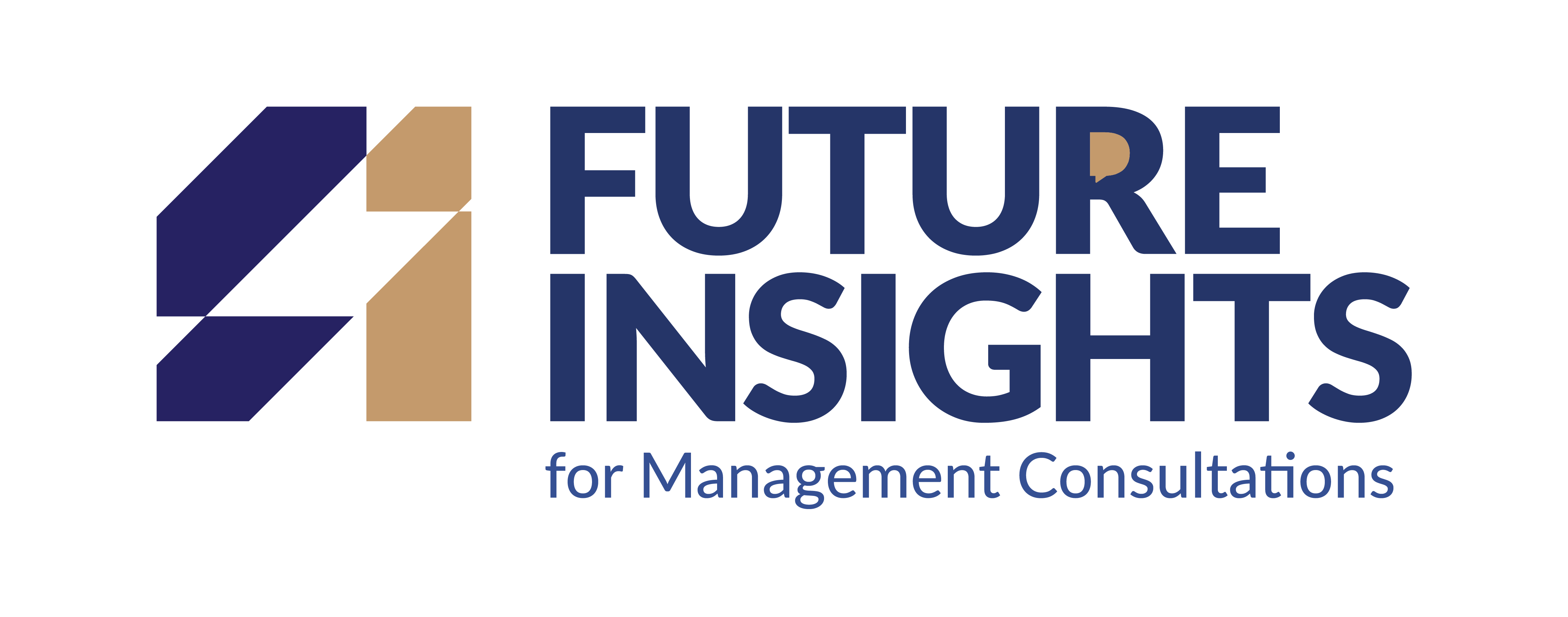1. What is Professional Reputation?
Professional reputation is the collective opinion others hold about your character, capabilities, and contributions in the workplace or industry. It encompasses
- Integrity: Your honesty and ethical behavior.
- Reliability: Your ability to deliver on promises and meet expectations.
- Expertise: Your skills and knowledge in your field.
- Interpersonal Relationships: How you interact with colleagues, clients, and other stakeholders.
2. Why Your Professional Reputation Matters
a. Building Trust
A solid reputation instills confidence in your abilities and character, making people more likely to collaborate with or hire you.
b. Attracting Opportunities
Employers, clients, and business partners are drawn to individuals with a strong professional reputation, as it reflects credibility and dependability.
c. Career Longevity
In times of change or uncertainty, your reputation can serve as a safety net, helping you maintain relevance and secure new roles or projects.
d. Personal Branding
Your reputation is a key component of your personal brand. It shapes how others perceive you both online and offline.
3. The Pillars of a Strong Professional Reputation
a. Consistent Performance
Deliver high-quality work consistently. Meeting deadlines, exceeding expectations, and maintaining accuracy contribute significantly to your reputation.
b. Ethical Behavior
Always act with integrity. Upholding ethical standards builds long-term trust and respect.
c. Effective Communication
Clear and respectful communication fosters positive relationships and minimizes misunderstandings.
d. Emotional Intelligence
Show empathy, adaptability, and a collaborative spirit to strengthen your interactions with others.
e. Accountability
Own up to mistakes and take responsibility for your actions. Transparency in challenging situations demonstrates maturity and professionalism.
4. How to Build Your Professional Reputation
a. Develop Expertise
Position yourself as an authority in your field by staying updated on trends, acquiring new skills, and sharing insights through writing, speaking, or mentoring.
b. Build Relationships
Cultivate genuine connections with colleagues, mentors, and industry peers. A strong network can amplify your reputation.
c. Be Reliable
Deliver on your commitments and ensure your work is of the highest standard. Reliability is the foundation of trust.
d. Showcase Your Achievements
Celebrate your successes in a humble way through professional platforms like LinkedIn or in workplace discussions.
e. Act Professionally Online
Your digital footprint matters. Maintain professionalism on social media, and use platforms like LinkedIn to share knowledge and connect with others.
5. Maintaining Your Reputation
A professional reputation is not static; it requires continuous effort to maintain. Here’s how:
- Solicit Feedback: Regularly ask for constructive feedback to identify areas for improvement.
- Adapt to Change: Stay flexible and open to learning new skills or adapting to new environments.
- Protect Your Integrity: Avoid shortcuts or actions that could compromise your values or ethics.
- Handle Criticism Gracefully: Respond to criticism professionally and use it as an opportunity to grow.
6. Real-World Example: Indra Nooyi
Indra Nooyi, former CEO of PepsiCo, is renowned for her professional reputation built on ethical leadership, strategic vision, and a strong sense of empathy. Her ability to balance business goals with social responsibility earned her respect and admiration globally, leaving a lasting legacy.
7. The Role of Social Media in Reputation
In the digital age, your online presence plays a significant role in shaping your professional reputation. Ensure your online profiles align with your values and professional goals:
- LinkedIn: Use it as a platform to share accomplishments, articles, and endorsements.
- Twitter/Instagram: Engage in meaningful conversations and avoid controversial topics unless relevant to your expertise.
8. Recovering from Reputation Damage
If your reputation suffers a setback, don’t panic. Focus on rebuilding trust through:
- Apologies and Transparency: Address the issue directly and honestly.
- Action Plans: Demonstrate steps you are taking to prevent similar issues in the future.
- Consistency: Rebuild your credibility over time through reliable and ethical actions.
Conclusion
Your professional reputation is one of your most valuable assets, shaping how others perceive and interact with you. By cultivating expertise, maintaining integrity, and fostering positive relationships, you can build a reputation that stands the test of time. In today’s competitive landscape, a strong professional reputation is not just an advantage—it’s a necessity.



